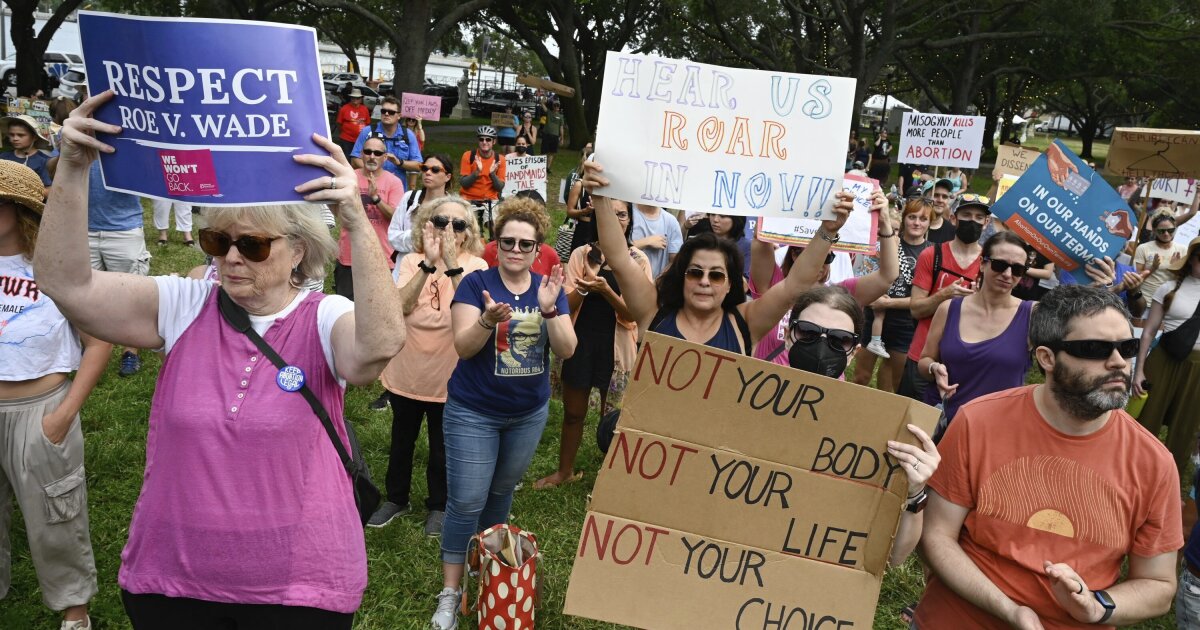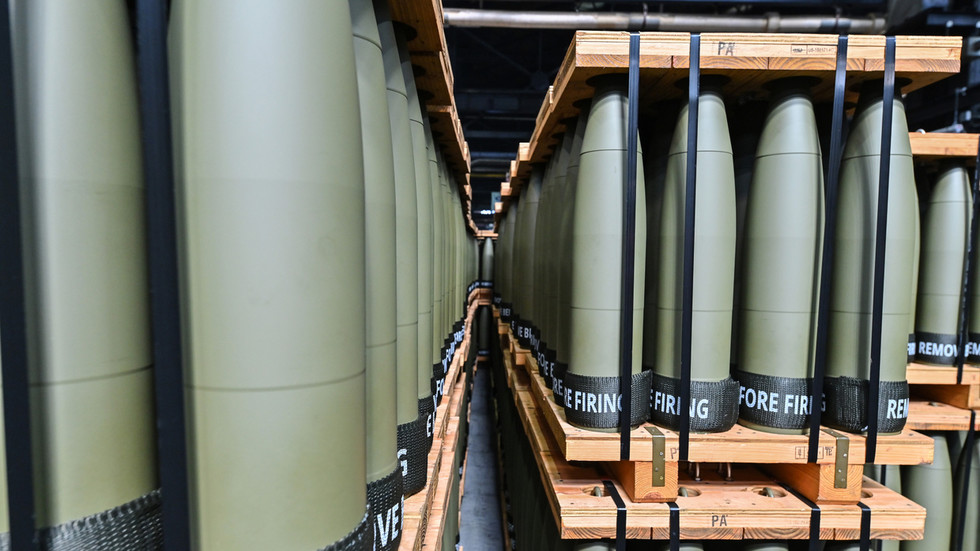A UK Active survey says energy costs will increase by up to 150 per cent in 2022 compared with last year / Shutterstock
Key organisations from the UK’s leisure industry are lobbying the government for financial support to help operators manage the impact of rising energy prices.
A newly-formed coalition sent a signed letter giving evidence on why the sector needs help and outlining the consequences if economic relief does not arrive.
The bodies involved are UK Active, the Local Government Association, the Chief Cultural and Leisure Officers Association (CLOA), Swim England, CIMSPA, the District Councils’ Network (DCN) and Community Leisure UK (CLUK).
The letter was addressed to Nadine Dorries, secretary of state for digital, culture, media and sport and Michael Gove, secretary of state for Levelling Up, housing and communities. The UK’s Levelling Up plan was unveiled by Michael Gove in February 2022. It is focused around reducing socio-economic imbalances and supports the notion that everyone in society should have access to the same standard of public facilities throughout the country.
“We are writing to request your commitment to being part of urgent talks with local government leaders and industry groups to address the impact of the energy crisis on the fitness and leisure sector,” they wrote. “Whilst we appreciate this is a crisis that is impacting all aspects of our economy and society, the projected figures we set out in this letter forecast the collapse of parts of the sport and physical activity infrastructure in this country over the coming months.”
Debbie Kaye, Chair of CLOA, said: “Public swimming pools and leisure facilities are treasured assets for many communities: 85 per cent of young people learn to swim in local authority pools, and 86 per cent of people prefer to exercise in leisure centres. We know Covid has widened activity inequalities in some groups, yet there has been a strong return to leisure centre use by people from more deprived backgrounds.
Findings from a UK Active survey of almost one-third of public sector facilities showed that energy costs would increase by 150 per cent for 2022 compared with 2021, and 185 per cent in 2023. “This would result in at least two years of sustained energy cost increases of 150 per cent and over, an unsustainable financial situation,” the coalition explained.
Further results revealed that in the next six months up to 79 per cent of facilities are “likely or extremely likely” to be forced to stop operating completely. Over the next 12 months this figure increases to 85 per cent with 100 per cent of operators expecting to have to increase customer prices. In terms of staff, 85 per cent say they expect to lay off employees over the next year and reduce services.
Huw Edwards, CEO of UK Active, said: “Many of our members have told us that rising energy bills have put them at real risk of closure. We need the government to act, or these essential facilities will start to disappear from our communities.”
The impact on young people was also highlighted as CIMSPA estimates that “75 per cent of job losses incurred, as a result of this crisis, will be among young people aged 16-24”, a group which they describe as “already struggling with higher levels of unemployment than older cohorts”.
“We hope the scale of this situation is fully understood, and that you will join us in bringing our collective energy, urgency, and focus to bear on this issue which will impact communities across the UK,” wrote the coalition.
While pushing for discussions, recommendations for the type of financial support included an in-year grant with an increase to the local government settlement from 2023/24 to ring-fence and protect public leisure facilities; immediate review of sector taxation and regulation that minimises other outgoing costs; and support for a move to non-carbon intensive heating method.
The latter point brings attention to the conflict operators are facing on top of the current spiking energy prices, which are funding the move towards carbon zero while green energy prices are even more expensive than those they are currently struggling to pay.
Research by Sport England and Sheffield Hallam University estimates that the physical activity sector brings in £13bn to the economy each year as well as saving £450m annual healthcare costs as a result of 30m fewer GP visits.
“The energy costs crisis could not have come at a worse time, and unplanned loss of provision may be irrecoverable, hitting disadvantaged communities hardest,” added Kaye.
“Recognising the challenge for local authorities and partners to find ways of providing more sustainable local leisure offers, CLOA supports this combined call for action, asking the government to acknowledge the priceless role such facilities play, and the implications of not taking action – both in the short- and long-term.”





















Discussion about this post